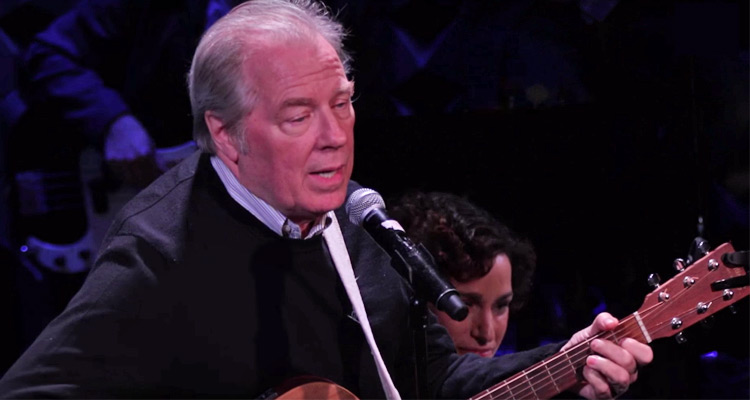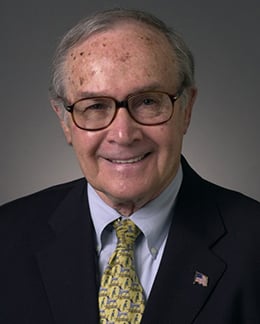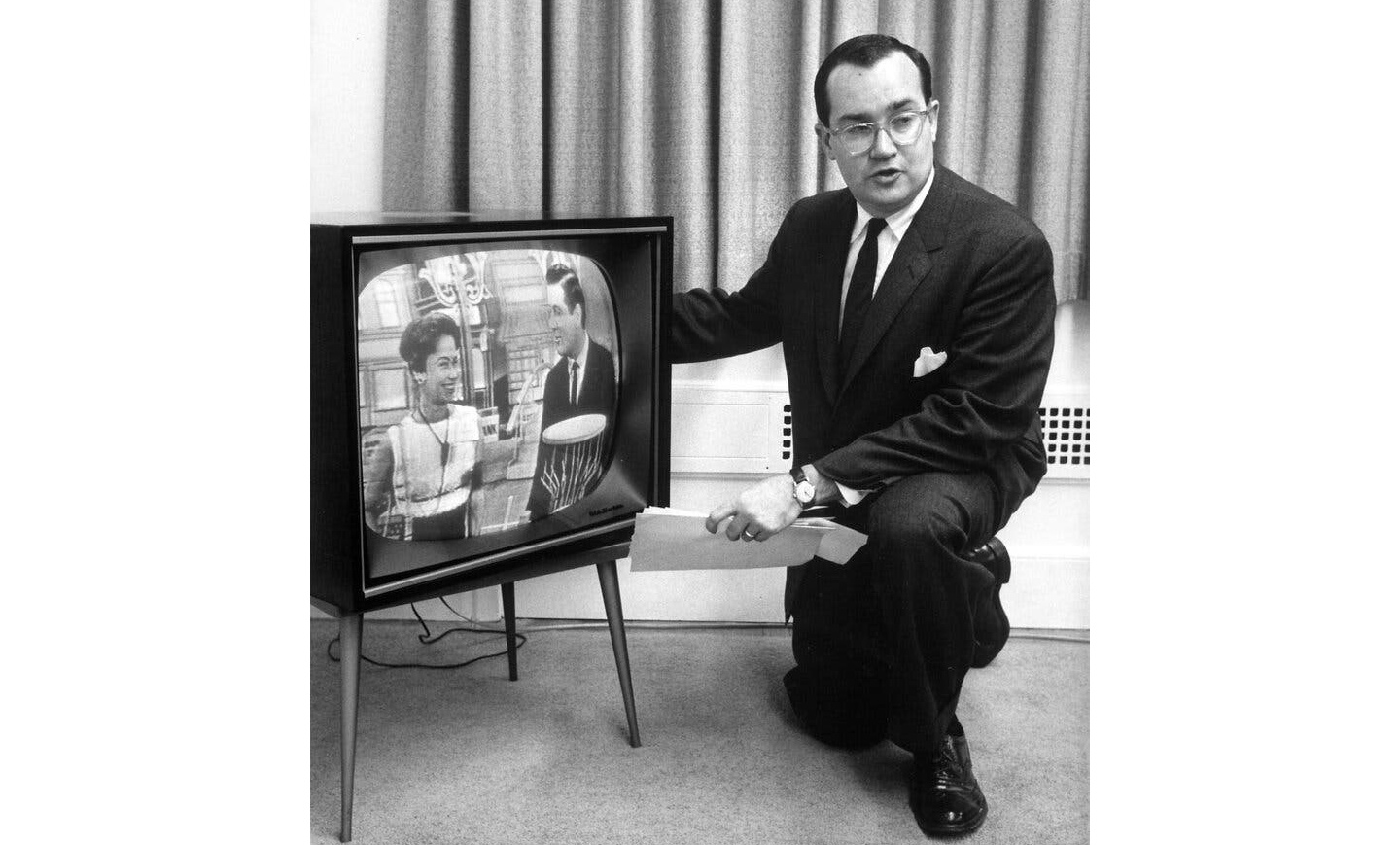May 29, 2003
Bob Hope celebrates 100th birthday
In a public ceremony held in Hollywood, city officials renamed the
intersection of Hollywood Boulevard and Vine Avenue--famous for its historic
buildings and as a central point on the Hollywood Walk of Fame--Bob Hope
Square. Several 1940s-era U.S. planes flew overhead as part of an air show
honoring Hope’s longtime role as an entertainer of U.S. armed forces all over
the world. Hope, who was then suffering from failing eyesight and hearing and
had not been seen in public for three years, was too ill to attend the public
ceremonies. Three of his children attended the naming ceremony, along with some
of his younger show-business colleagues, including Mickey Rooney.
One of the leading talents on the vaudeville scene by the 1930s, the
London-born, American-raised Hope met his future wife (of nearly seven
decades), the nightclub singer Dolores Reade, while he was performing on
Broadway in the musical Roberta. They married in 1934, and four years
later Hope launched his own radio program, The Bob Hope Show, which
would run for the next 18 years. One of the country’s most popular comics, Hope
had a successful film career largely thanks to the series of seven “Road”
movies he made with Bing Crosby and Dorothy Lamour, including Road to
Singapore (1940), Road to Morocco (1942), Road to Utopia (1946)
and Road to Rio (1947).
In 1941, after America’s entrance into World War II, Hope began performing
for U.S. troops abroad; he would play shows for more than a million American
servicemen by 1953. Some 65 million people watched him perform for troops in
Vietnam on Christmas Eve in 1966, in his largest broadcast. Hope also became a
legend for his countless TV specials, which he would perform over the course of
some five decades. He hosted the Academy Awards ceremony a total of 18 times, more
than any other Oscars host.
Dubbed “Mr. Entertainment” and the “King of Comedy,” Hope died on July 27,
2003, less than two months after his 100th birthday celebration. He was
survived by Dolores, their four adopted children--Linda, Anthony, Nora and Kelly--and
four grandchildren.
May 30, 1908
Mel Blanc, the voice of Bugs Bunny, Daffy Duck, and countless other Warner Bros. cartoon characters, was born in San Francisco.
His parents, who ran a women's clothing business, moved with their son to Portland, Oregon, when Blanc was a child. Blanc began performing as a musician and singer on local radio programs in Portland before he was 20. In the late 1920s, he and his wife, Estelle, created a daily radio show called "Cobwebs and Nuts," which became a hit. Blanc made many other radio appearances and became a regular on Jack Benny's hit radio show, providing the sounds of Benny's ancient car (The Maxwell) and playing several other characters.
In 1937, Blanc made his
debut with Warner Bros., providing the voice for a drunken bull in a short
cartoon called "Picador Porky." Another actor provided the pig's
voice, but Blanc later replaced him. In 1940, Bugs Bunny debuted in a short
called "A Wild Hare." Blanc said he wanted the rabbit to sound tough
and streetwise, so he created a comic combination of Bronx and Brooklyn
accents. Other characters Blanc created for Warner Bros. included the Road
Runner, Sylvester, and Tweety Bird. He performed in some 850 cartoons for
Warner Bros. during his 50-year career. For other studios, he provided the
voices of Barney Rubble and Dino the dinosaur in The Flintstones, Mr.
Spacely for The Jetsons, and Woody Woodpecker's laugh.
In his 1988
autobiography, That's Not All Folks, Blanc described a nearly fatal
traffic accident that left him in a coma. Unable to rouse him by using his real
name, a doctor finally said, "How are you, Bugs Bunny?" and Mel
replied, in Bugs' voice, "Ehh, just fine, doc. How are you?"
Blanc
continued to provide voices until the late 1980s, most memorably voicing Daffy
Duck dueling with Donald Duck in Who Framed Roger Rabbit? (1988). After
Mel Blanc died of complications from heart disease, his son Noel, trained by
his father, provided the voices for the characters the elder Blanc had helped
bring to life.
May 31, 2013
Jean Stapleton died, surrounded by family and friends in New York City, of natural causes.
She was 90 and is survived
by her two children, John, a TV director, and Pamela, a TV producer.
Norman
Lear said, "No one gave more profound 'how to be a human being'
lessons than Jean Stapleton." Fellow US sitcom actress Roseanne
Barr said that Stapleton's range was "unbelievable, deep and
majestic." Co-star and BAFTA- and Oscar-nominated
director and producer Rob Reiner said, "Working with her was one of
the greatest experiences of my life." Sally Struthers said,
"Jean lived so in the present. She was a Christian Scientist who didn't
say or think a negative thing ... She was just a walking, living angel".
The marquee lights on Broadway were dimmed for one
minute on June 5, 2013 at 8 p.m. EDT to honor the memory of Stapleton.

In solidarity
Tony Figueroa












